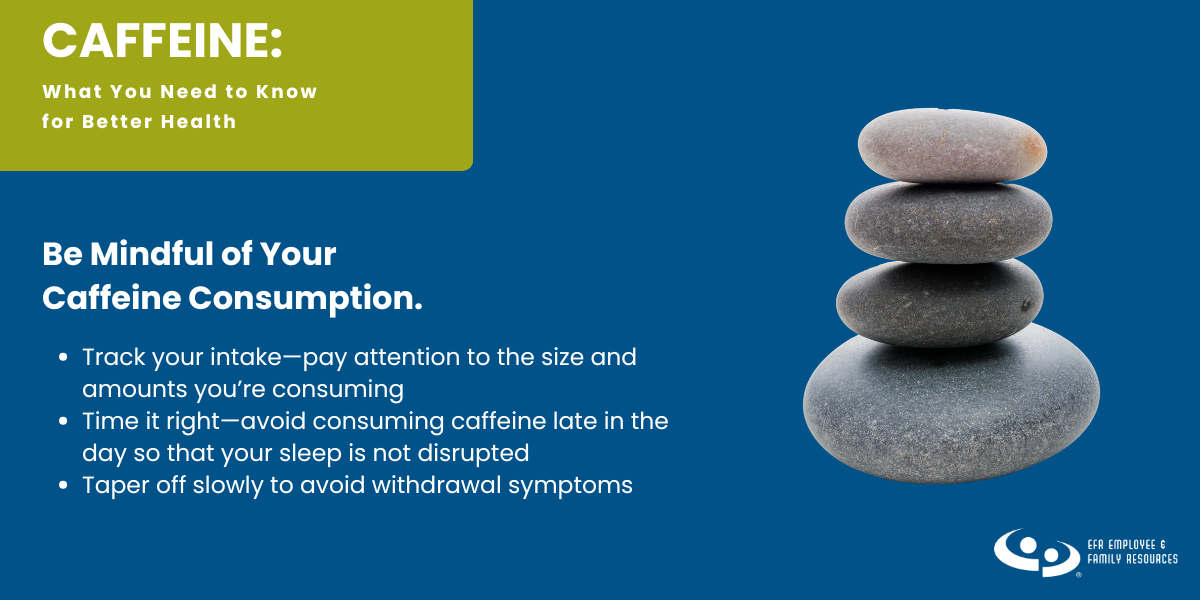What is Job Burnout?
Job burnout is a special type of stress. It goes beyond having a bad day or a bad week. The term burnout was coined by psychologist Herbert Freudenberger in the 1974, referring to “the extinction of motivation or incentive, especially where one’s devotion to a cause or relationship fails to produce the desired results.”
Work burnout can occur at all levels of employment. It is caused by a chronic state of emotional and physical exhaustion brought on by a long period of stress. It can leave you feeling empty and incapable, and such feelings can impact aspects of your life beyond the workplace.
By making adjustments to your lifestyle, you are able to prevent burnout and revert back to a healthy relationship with your job.
Seven Subtle Signs of Burnout:
- Disaffection about your work, workplace or colleagues: You catch yourself reacting poorly to things you would normally take in stride.
- Creeping exhaustion: You’re dead tired from when you walk through the front door of the office to when you leave. You never feel like at any point during the day you’re getting into “the zone.”
- Feelings of stagnation: Though you’re working nonstop, you feel like you’re never fully caught up on your workload. You forget to take pride in finishing something before picking something else up, even if it’s the bite-sized chunks of a big project.
- Boredom and detachment, even though you have work on your plate: You are bored while doing your work, whether it is because you don’t like what you are doing or you have lost your passion for it. You do not feel engaged with your tasks.
- Higher-than-normal levels of procrastination: You find yourself procrastinating more than usual and find yourself trying to get away from your work.
- You get sick more frequently: You’re experiencing stress-related illnesses like stomach discomfort, insomnia, or headaches. Your body is reacting to the stress and lethargy that you experience because of your job.
- You never take time off: You rarely take vacations from your job and have a ton of leave lying on the table. You often wait until you’re struggling to get through the day thinking, “I really need to take a vacation,” before you actually take time off.
Combatting Burnout
If you recognize a couple signs of burnout in your own behavior, it’s time to reengage with your passion for your job and to set your work-life balance level straight. Here are some tips on how to combat burnout:
- Spend some time with friends or family members who always put a smile on your face. Prioritize your relationships and go out of you way to spend time with them outside of work.
- Give yourself a little TLC. Maybe that’s booking a spa appointment or buying tickets to an upcoming concert. It’s time to renew your appreciation of the world you’ve worked hard to build for yourself.
- Trim down your to-do list. When you’re letting important tasks slip through the cracks, chances are you have crammed more into your day than is realistic.
- Express work concerns to your boss. While you may not want to draw attention to your dissatisfaction, having a productive conversation with your supervisor may alleviate some the stress and tension you are feeling.
- Reorganize your work goals to invigorate yourself again. Burnout often indicates you’re tired of the same old day-to-day routine.
- Seek ways to take on new responsibilities to feel more engaged. Join an organization related to an aspect of your job that you’d like to gain more experience in.
- Book a vacation! A couple days off work might be exactly what you need.
Through your Employee Assistance Program you can receive free, confidential counseling, references, and more advice on battling burnout.







